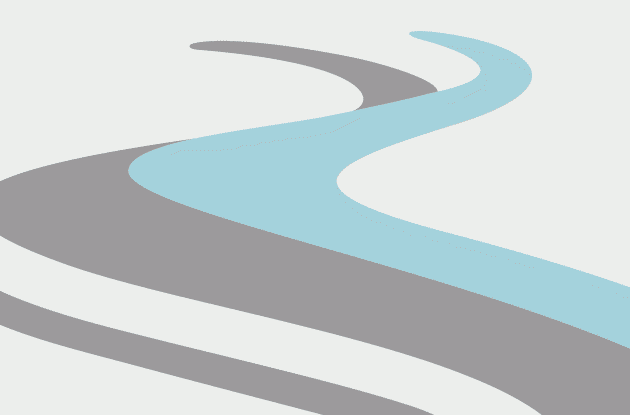Senate report reveals Pantani, Ullrich, among 1998 Tour dopers
Just three days after the end of the 100th Tour de France, an event that was dogged by persistent speculation about doping, the 21-member parliamentary group said a "truth and reconciliation" commission should be created to lift the veil of silence on illegal practices.
The group recommended that the French government finance studies about the extent of doping, its risks and the range of drugs used.
"We cannot properly fight something that we don't understand," parliamentarian Jean-Jacques Lozach, the group's spokesman, told journalists.
"Speaking of doping doesn't harm sport but instead contributes in the medium and long term to restore its greatness. Not speaking about it often means not doing anything."
The list of athletes who tested positive for EPO during the 1998 Tour included Ullrich and Pantani, who died of a drug overdose in 2004, according to data published in the document. Ullrich admitted in June he underwent blood doping procedures and was banned in 2012 for two years for a doping offence.
In October Bobby Julich, who finished third in the 1998 Tour de France, admitted to taking EPO from 1996 until that race, when his wife found out about his EPO habit.
Sports daily L'Equipe reported last month that a 1998 urine sample from Frenchman Laurent Jalabert showed traces of the banned blood-booster EPO when it was re-tested in 2004. That result was confirmed in the Senate report.
A test to detect the presence of EPO was introduced in 2000. Four years later, France's anti-doping agency decided to re-test urine samples from the 1998 and 1999 Tours using the new technology.
Jacky Durand, a now-retired winner of three stages on the Tour who was also named in the report, wrote on the Eurosport.fr site on Tuesday that he accepted responsibility for his doping.
"I don't think anyone is duped," he wrote. "The new generation shouldn't have to pay for the stupid things we did in the past."
The five-month investigation by the 21-member Senate group looked at 18 different sports and interviewed 138 individuals. Not all their names were disclosed.
It recommended that sporting calendars be approved by the sports minister to reduce the taxing schedules that it said created favourable conditions for doping.
Blood and urine samples should be used to test for more substances at the same time to cut down on the volume of samples and streamline the testing process.
The inquiry revealed an "incredible inability" for different organisations to work together and share information, Lozach said. "The anti-doping fight would be a lot more effective if the different actors in sports, law enforcement and justice cooperated."
The World Anti-Doping Agency (WADA) welcomed the inquiry's findings and said it would "consider the recommendations of the report thoroughly".
Chris Froome, who won the Tour on Sunday, and his team, Team Sky, were dogged by questions about doping throughout the three weeks of racing despite repeated assertions that they were clean and offers to release the team's data to WADA.
Jalabert told the French commission in May: "Today I'm convinced that you can do the Tour de France without doping and obtain results.
"I will admit that cycling is a discpline that deserves blame, but I'd really like to see the day when we recognise that it was a sport that was a vanguard in anti-doping, and which assumed its responsiblities.
"It's unfair to represent it today as the only sport that involves cheaters."








